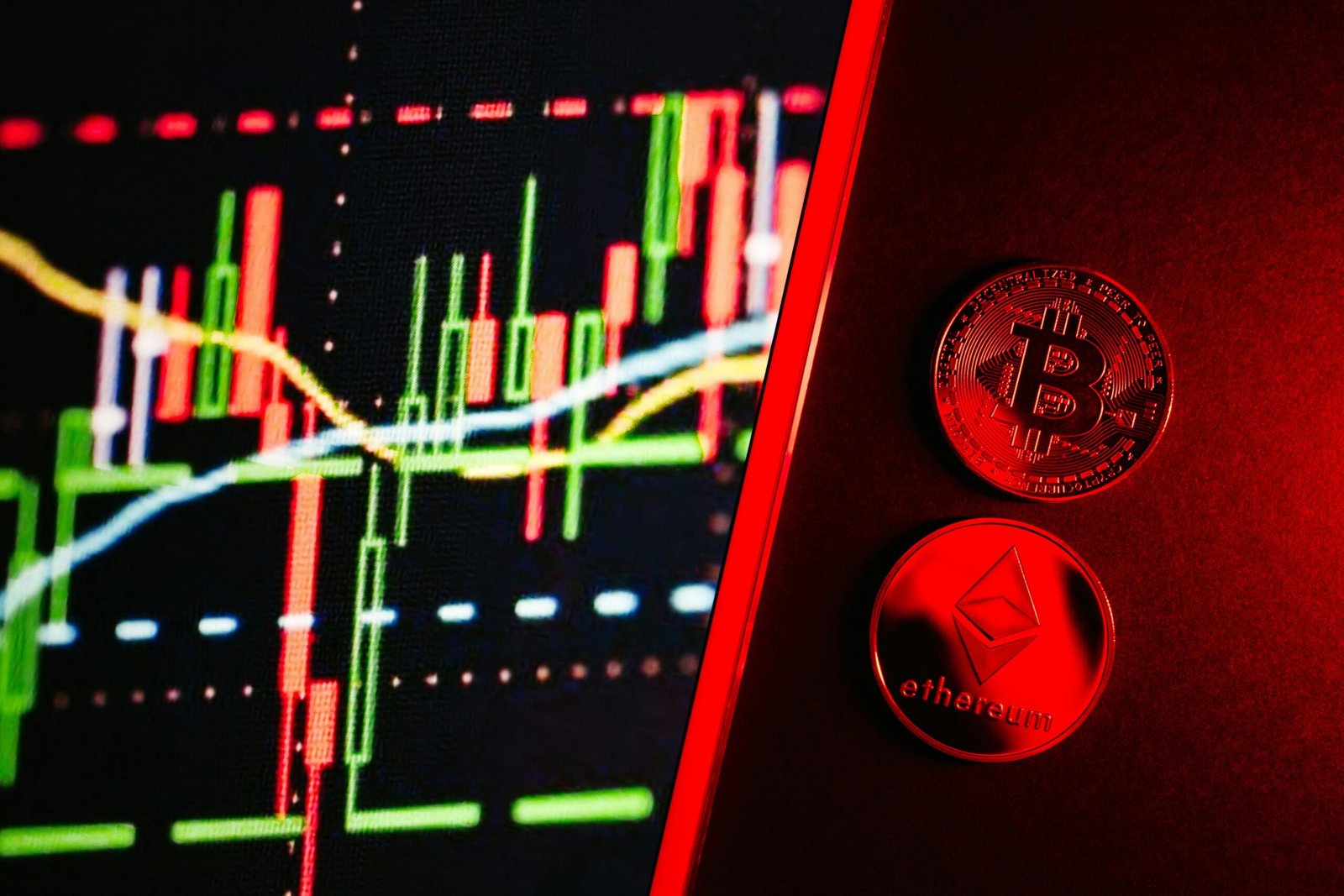Breaking News
Popular News




Enter your email address below and subscribe to our newsletter

Blockchain in Developing Countries: While developed nations are rapidly adopting blockchain for finance and enterprise, its real revolutionary power may be most felt in developing countries. From empowering the unbanked to fighting corruption, blockchain is solving long-standing issues with decentralized transparency.
At bit2050.com, we explore 7 powerful ways blockchain is shaping a new future for emerging economies.
Over 1.4 billion people worldwide lack access to a bank. Blockchain enables peer-to-peer transactions using digital wallets and crypto, skipping traditional banking infrastructure entirely. This allows the unbanked to save, send, and receive money securely.
In countries plagued by election fraud and corruption, blockchain-based voting systems offer transparency and accountability. Every vote is time-stamped and immutable, reducing the risk of tampering and boosting trust in democracy.
Fake land titles and identity theft are major issues in many developing regions. Blockchain helps digitize and secure public records, ensuring that land ownership and ID credentials can’t be altered or lost.
Sending remittances through traditional banks can be slow and costly. Blockchain slashes transaction fees and enables instant, secure transfers—crucial for millions who rely on cross-border income.
Blockchain enables smart contracts that ensure farmers get paid when deliveries are made or crops meet standards. This creates fairer supply chains and minimizes exploitation by intermediaries.
Microloans and crowdfunding through DeFi platforms are opening new financial opportunities for entrepreneurs in areas where bank loans are impossible to secure. Blockchain levels the financial playing field.
Blockchain provides end-to-end traceability of humanitarian aid. Donors can see where every coin or supply item goes, reducing the risk of diversion and ensuring that help reaches those who need it most.
Sierra Leone piloted the first blockchain-based election in 2018.
ID2020 is using blockchain to provide digital IDs to refugees.
AgUnity helps rural farmers in Kenya and Indonesia using blockchain to track agricultural activity.
Blockchain isn’t just a buzzword—it’s becoming a lifeline for millions in underserved regions. Its ability to offer trust, transparency, and access makes it a game-changer for developing nations. Follow bit2050.com for more insights on how Web3 and decentralized technologies are shaping the global future.
It’s used for digital ID, land records, voting systems, financial inclusion, and decentralized finance to solve long-standing infrastructure problems.
Yes. Its transparent and immutable nature makes it nearly impossible to alter data or misdirect funds once recorded on-chain.
Blockchain apps require internet access, but offline mobile solutions and mesh networks are emerging to expand access in remote areas.
Key barriers include lack of infrastructure, education, regulatory frameworks, and internet connectivity.
blockchain, developing countries, decentralization, financial inclusion, blockchain use cases, emerging markets, Web3 impact, Blockchain in Developing Countries,